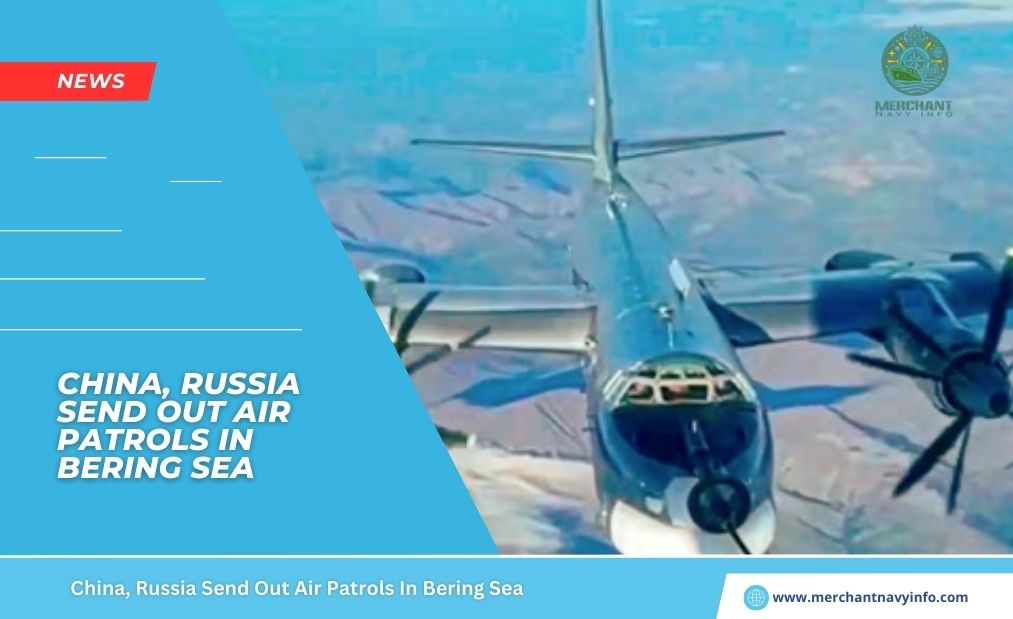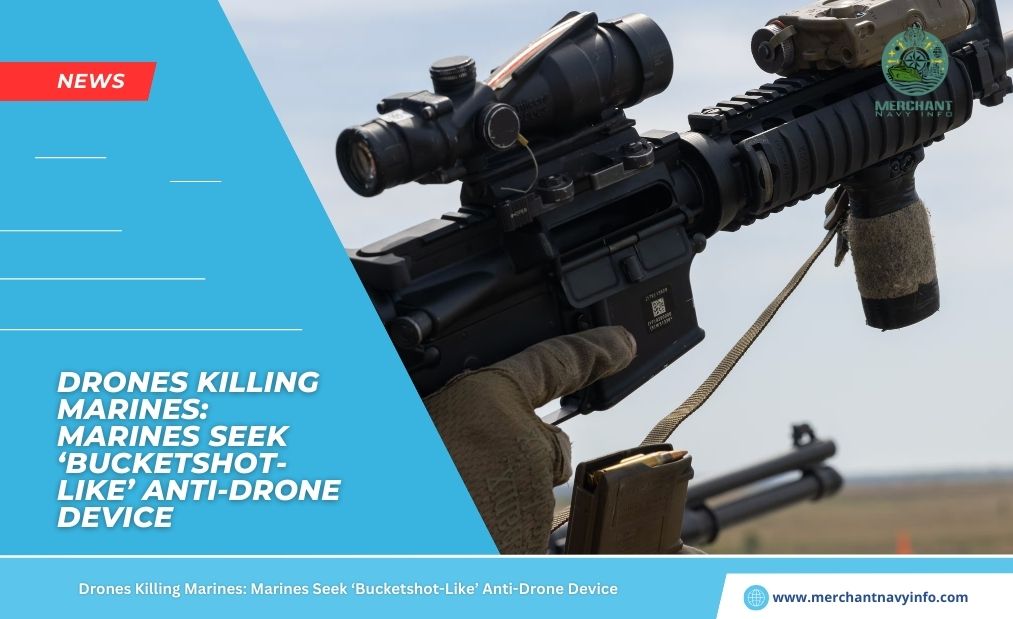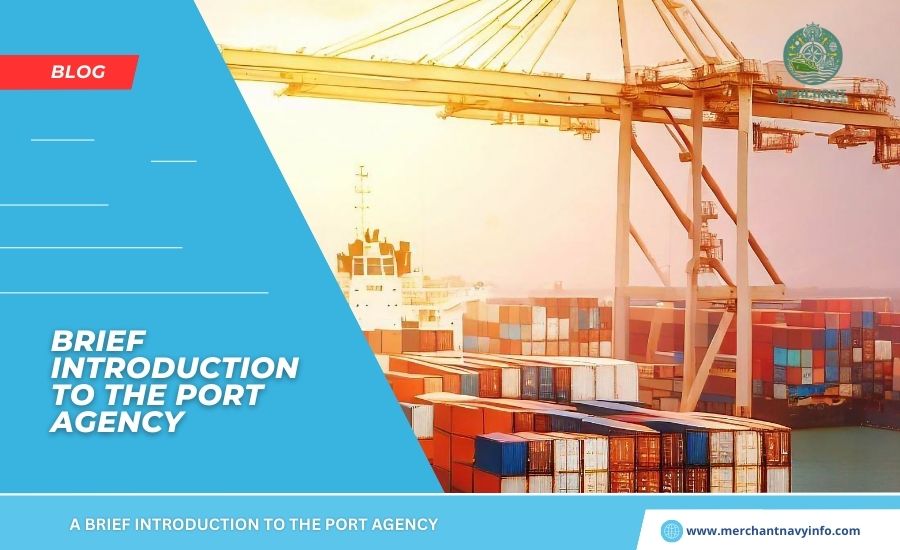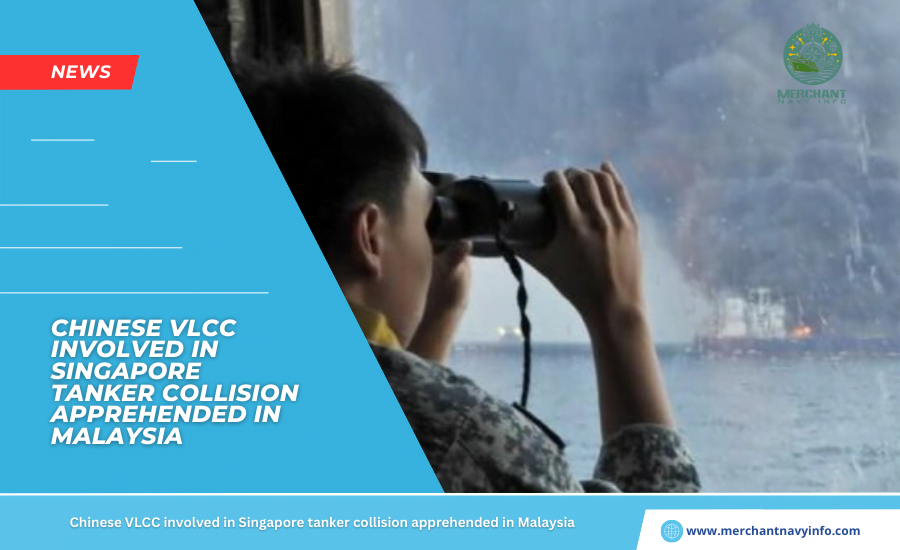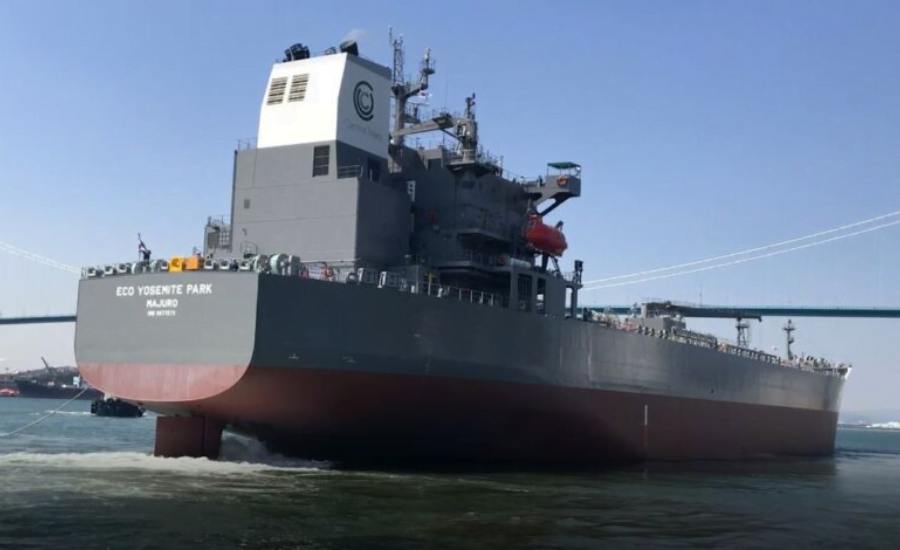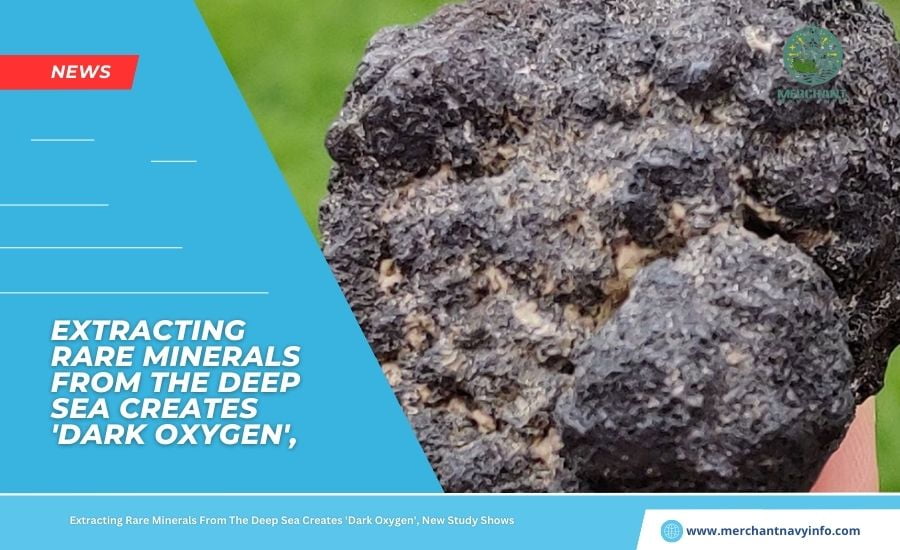
The Gulf of Guinea is seeing a shift in the dynamics of piracy, with criminal groups moving away from targeting commercial maritime and moving to oil bunkering theft. In addition, illegal fishing is a development that shows the global community must remain vigilant.
The UN Security Council (UNSC) has been told that despite a significant drop in piracy attacks in the Gulf of Guinea. This has been in recent times, stronger action is still needed to address the evolving dynamics of piracy in the vast waters. Criminal gangs have not gone away but have transitioned to different activities.
Martha Pobee, an Assistant Secretary-General working in the Department of Political and Peacebuilding Affairs at the UN. This has presented the Secretary-General’s newest report on piracy in the Gulf of Guinea. It cautioned that the changing dynamics will require greater response from countries in the region and international partners.
“Pirate gangs are adapting to changing dynamics both at sea and in coastal areas. In this matter, the recent decrease in cases of piracy might in part be attributable to the move away by criminal networks to different forms of maritime and river-side crime. Including things like oil bunkering and stealing. These they likely view as at the same time less risky and more profitable,” she said.
Nigeria has seen an unprecedented surge in large-scale cases of oil theft also pipeline vandalism. The results have been crippling the country’s oil industry, with production in August and September. It has been plummeting to under one million barrels per day (bpd). The lowest it has been in decades. An investigation by the nation’s senate reckons the widespread cases of thefts have meant. Nigeria lost more than two billion dollars during the first eight months of the year.
Gulf of Guinea seeing less attacks
Once a hotspot of maritime pirate attacks, the Gulf of Guinea has seen a massive decline in cases. This is due to concerted efforts by national authorities working with regional and international partners. Both on land and at sea, efforts such as increased patrols. This is by deploying naval assets, enhanced coordination as well as convictions have worked as deterrents to criminal networks.
In a quarterly report issued last month, the International Maritime Bureau says that although global piracy. Also, armed robbery cases have reached their lowest levels since 1992. Still, the world can ill afford to be complacent, especially in the Gulf of Guinea. Of the 90 incidents recorded in the first nine months of 2022. Out of these 13 were in the Gulf of Guinea region in comparison to 27 in 2021.
In the report to the UNSC, Pobee reports that because of the changing dynamics of criminal work in the Gulf of Guinea. It is a must for states and their regional and international partners to improve efforts. This is to create security in the region as stated in the Yaoundé Code of Conduct. This agreement was inked in June 2013.
The code, approaching its 10th anniversary, promotes information sharing and reporting, preventing suspicious vessels, ensuring apprehension and prosecution, harmonizing national legislation, guaranteeing maritime security and safety resources, and outlining state responsibility to patrol anchorage areas.
Part of recent measures to go for a coordinated war against the piracy networks resulted in the signing of an agreement. This was to create a Multinational Maritime Coordination Centre for a zone that covers Cabo Verde, Gambia, Guinea-Bissau, Mali, and Senegal. In addition, conducting a maritime exercise involving 17 of the 19 nations bordering the Gulf of Guinea.


